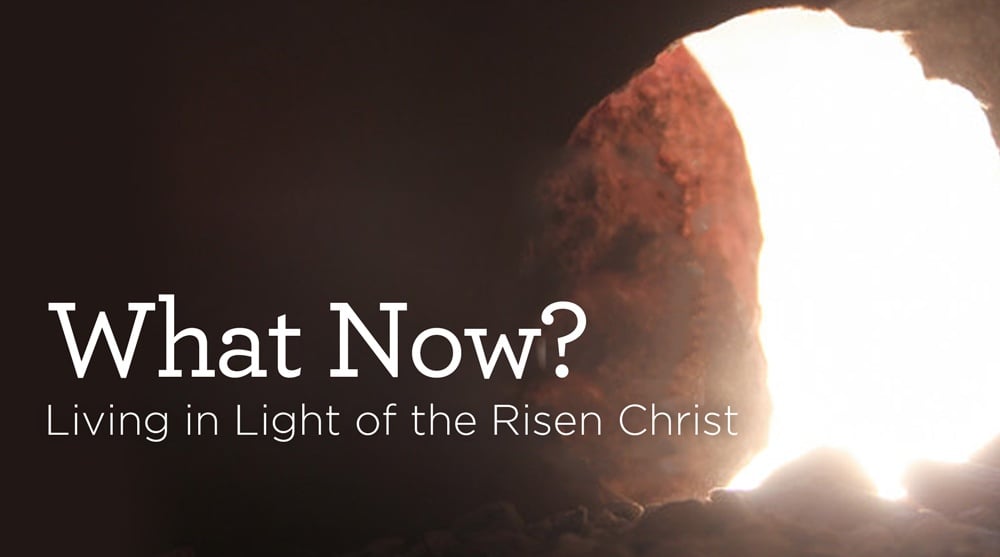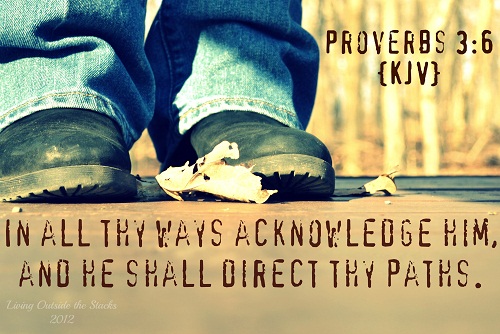Sunday May
5th 2019 3rd Sunday of Easter (Cycle
C)
What Do You Say?
The tie in
between today’s readings: Out of the Heart the Mouth Speaks (Matthew 12:34)
What
do you say when everything is going right? In Psalm 30, after the Lord had
rescued him from narrow escapes, put down all his enemies, and established his
throne, King David responds in pride. In verse six he basically says, “I’ve
made it to the top and I’m here to stay!” God didn’t like that. He unfriends
David from His face book account. Here is an important insight into David’s
saintly character: he could have chosen to go on living proud in his own power,
without any further help from the Almighty, but instead, he calls God up to
mend fences. On the first phone call (verse 9), with his pride still going
strong, David leaves a message telling God that He would only be hurting
Himself by breaking off their relationship. The Lord, who needs no one, doesn’t
even return the call. In verse 10, a humbler David calls back and they make up.
An overjoyed king learned his lesson. Prosperity can foster pride. Watch out!
God resists the proud but gives grace to the humble (Proverbs 3:34).
Speaking
of pride...what do you say when, after boasting that you would never forsake
the Lord and then you do it hours later...three times? Not to mention, that in
a few days, on Easter Sunday, Jesus rises from the dead and comes to pay you
and your friends a visit? Can you say awkward? Peter is so guilt ridden that
the third time they all encounter Jesus, in John 21:1-19, he is patently
overcompensating like a husband who forgot the anniversary. They see Jesus on
shore from their boat. Peter can’t wait to row into shore with the others. No,
he has to dive in and swim to Jesus! Then, everybody out of the way! Good ‘ol
reliable Pete has to be the one to drag the big heavy net with the big catch of
fish over to the fire! OK, there’s a six hundred pound gorilla in the room that
Jesus needs to deal with. “Simon, son of John, do you love Me?” Jesus asks
Peter three times and three times He gets a humble, yes. The Lord doesn’t
berate, ask for an apology, or demands a promise to do better. Jesus knows that
Peter loves Him, loves Him so much that, in restoring their relationship, the
Lord tells Peter that he will be martyred for his testimony. That is because
perfect love dispels all fear (1 John 4:18). And now, Peter is fearless.
What
do you say when Peter the Deny-er become Peter the Defy-er? That’s the
situation the high priest and the Council faced in Acts 5:27-41. They hauled
Peter and the apostles in for a “We thought we told you guys before” session
over their preaching of Christ’s resurrection. They all got a straight back at
you answer with an “in your face” testimony: “You killed the Messiah. He rose
again and sits at the right hand of God. You can still come to Him for the
forgiveness of your sins. We are His witnesses and if you don’t like it, too
bad! We work for God!” Incensed, the Council intended to kill our bearers of
the Good News before they could get a chance to reach Acts Chapter 6. But a
cooler head prevailed. Gamaliel, a respected Pharisee, says, “Look, we’re not
so sure what we're dealing with here. Guys like these come and go for the most
part. Let’s take the P.R. hit for now and wait until it all blows over. Who
would remember? But, if these apostles are the real deal, then our arm’s too
short to box with God.” So the Council warned, whipped, and released the
apostles. Down the street, you could hear them praising God that they were
considered worthy to suffer for Jesus, all the while comparing floggings to see
which one gets the “biggest beating” bragging rights. “Fanatics,” someone
murmured.
What
do you say when you’re confronted with the truth of Christ, real and raw? The
answer is found in Revelation 5:11-14. Draw back the celestial curtains and
you’ll hear the countless numbers of heavenly creatures loudly proclaim,
“Worthy is the Lamb that was slain to receive power and riches and wisdom and might and honor and glory and blessing” (Rev 5:12). Then, to add
to all those “ands”, EVERY created
thing on the earth, under the earth, and in the sea join in: “To Him who sits
on the throne, and to the Lamb, be
blessing and honor and glory and dominion forever and
ever” (Rev 5:13). That pretty much covers the waterfront, don’t you think? To
sum up, as the Bible says: “Every knee will bow and every tongue confess that
Jesus is Lord to the praise and glory of God” (Philippians 2:10-11). It is
clear that you will confess Jesus as Lord, willingly or unwillingly. So don’t
be proud like David. Don’t be stubbornly in denial like the Pharisees. Don’t
live in guilt like Peter. Humble yourself and confess your sins to Jesus. He
will forgive you and in His love, perhaps you will even become fearless. What
do you say?



